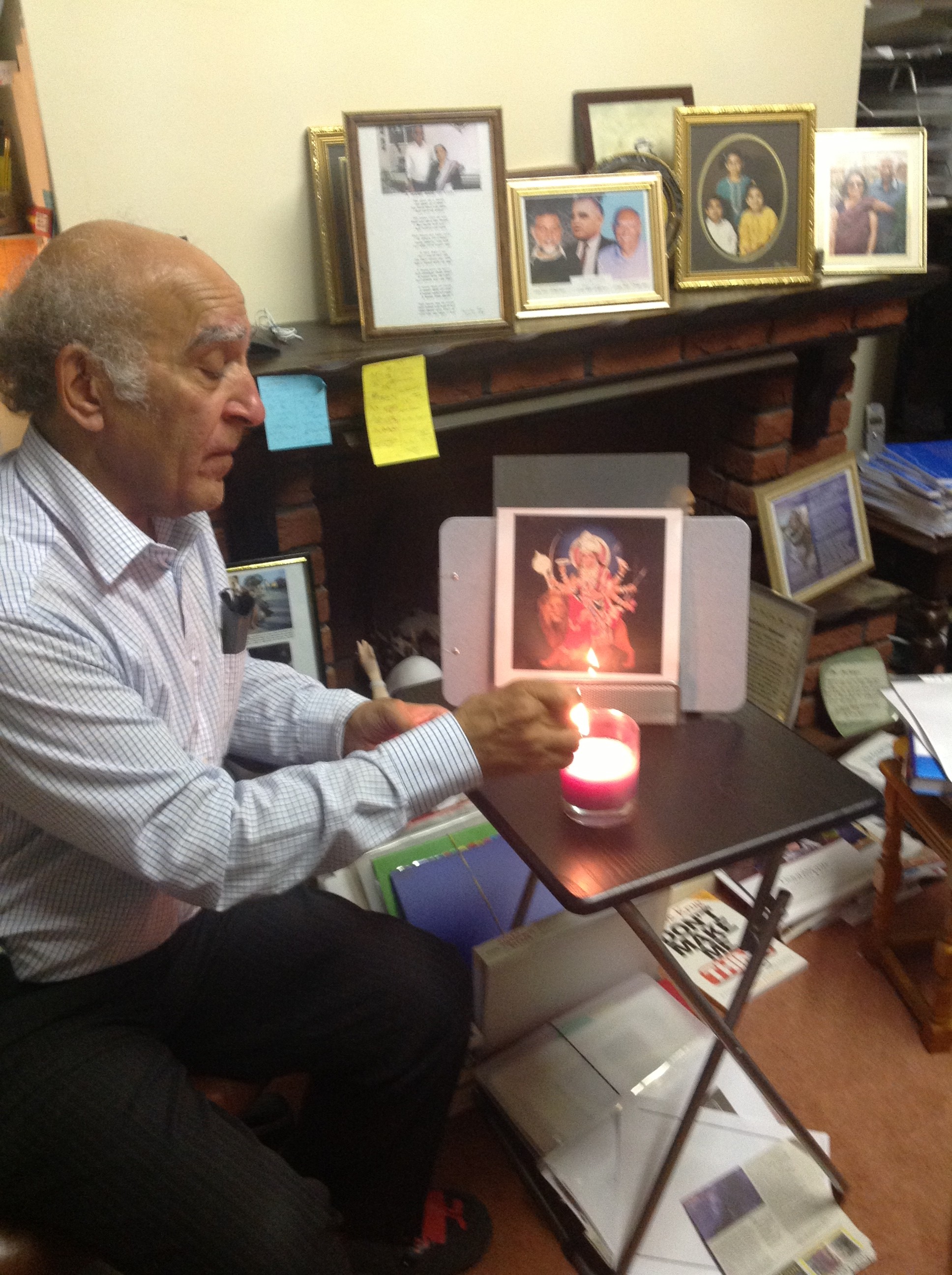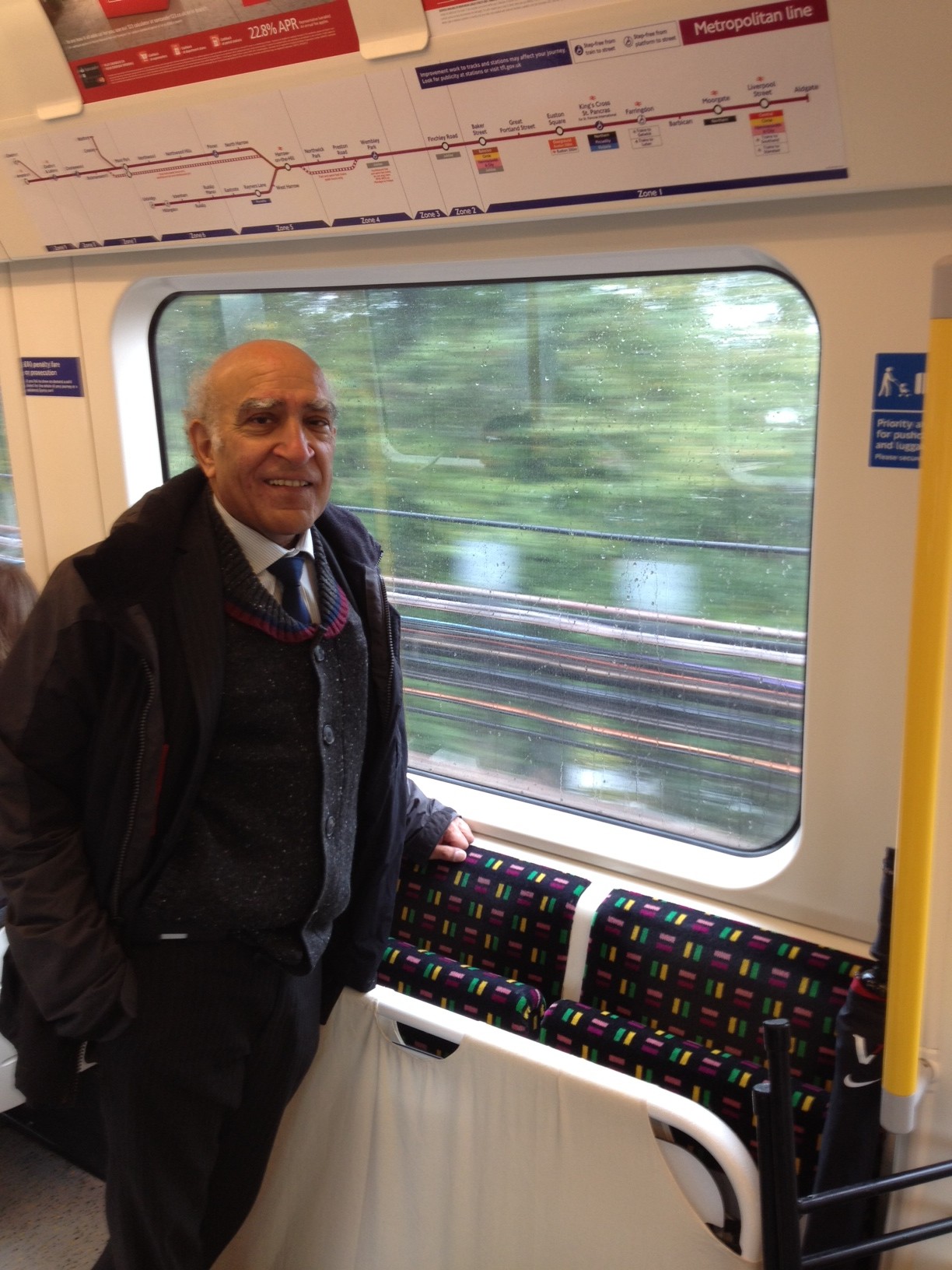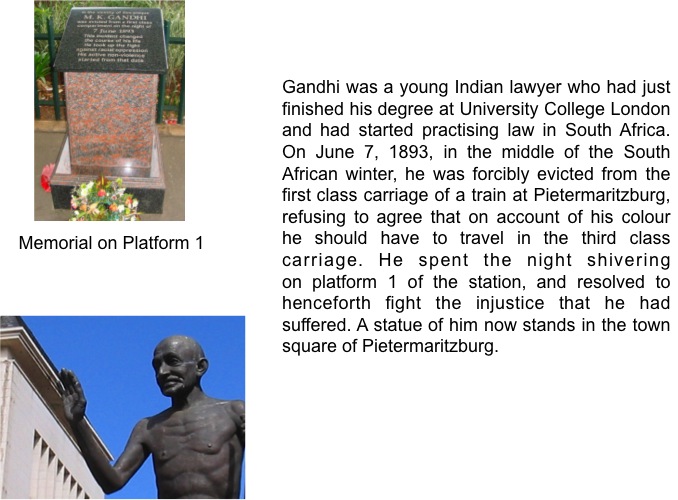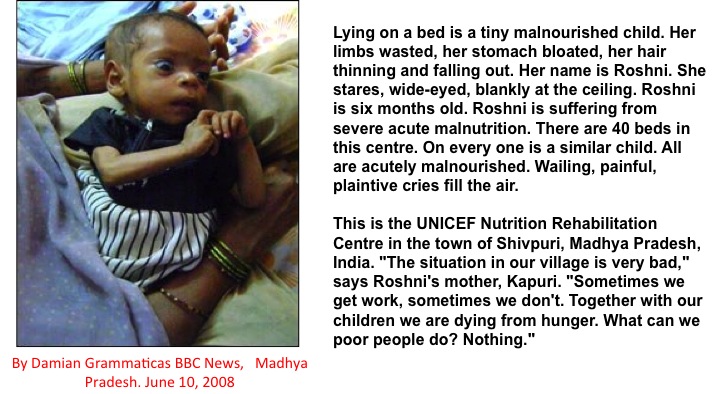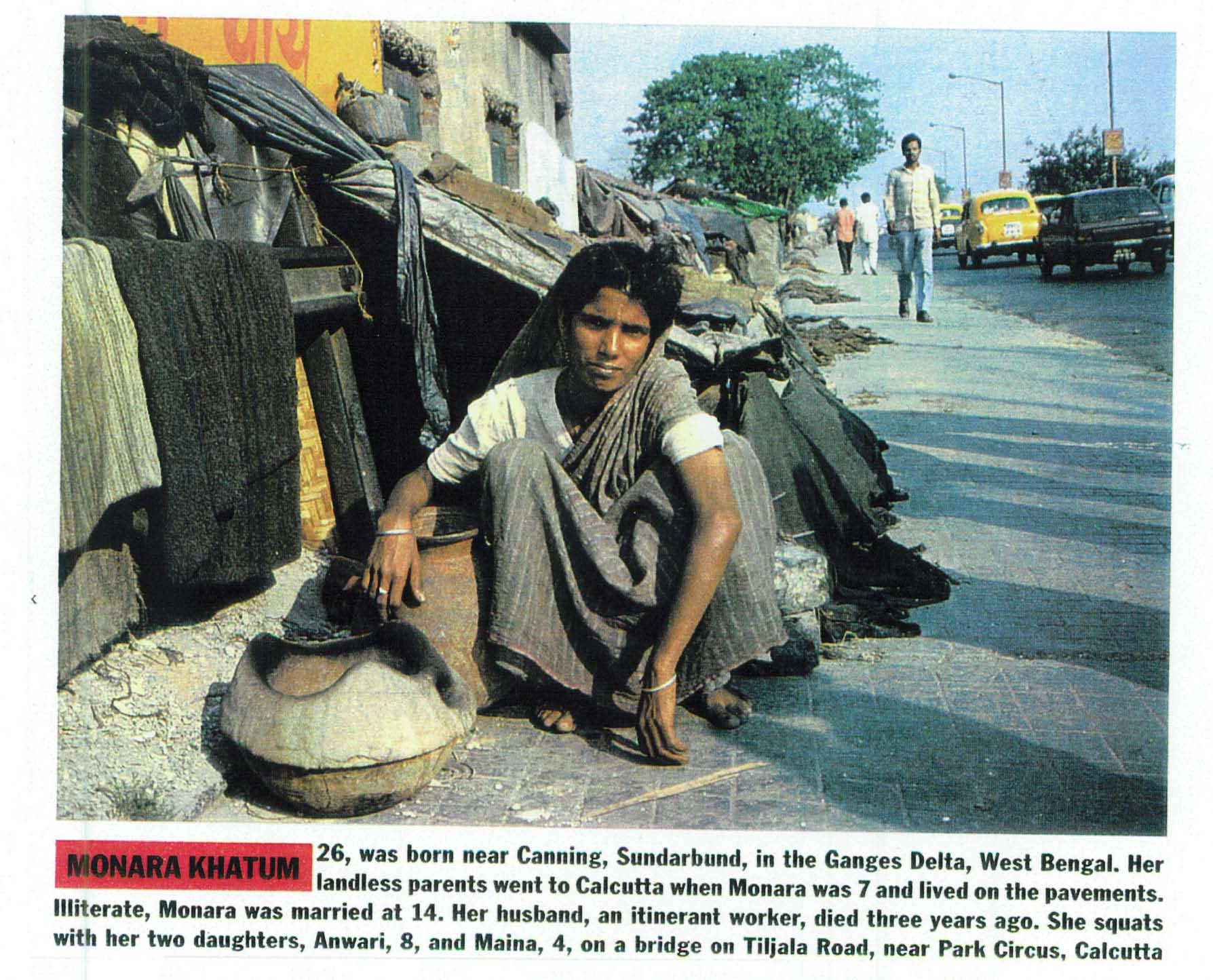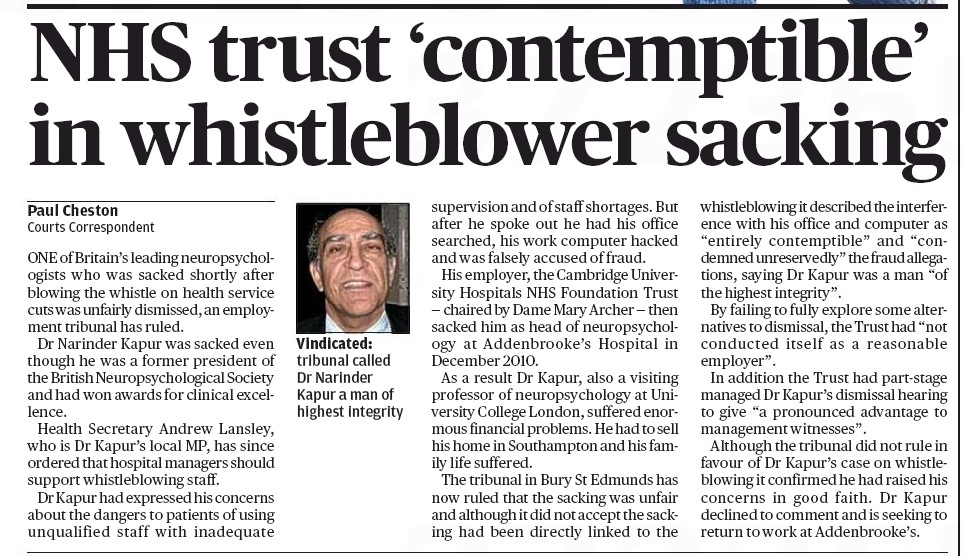My hunger-strike started at 8pm on Sunday Sept 30th, 2012.
Going on a hunger-strike is like going on a journey into the unknown. I am not a practising Hindu, in fact I am not a practising anything, but I like to keep in touch with Hindu traditions as it makes me feel a bit closer to my late father and mother. There is a Hindu tradition that when you go on a long journey, especially one that has some unknowns and some hazards, you light a candle. So here is me lighting a candle on Sunday evening, and in the background is the Hindu Goddess of travel, Vaishnodevi. There is probably a Hindu goddess for everything, and they always come in quite handy (please excuse the pun, since most photos show them with many hands!).
We set off around 10 o’clock to head to the site of my demo, outside the Department of Health headquarters in Whitehall. So here is a photo of me on the tube train (I had two kind helpers who helped me carry things on the train).
The first day was of course interesting, as this was a venture into the unknown. I set myself up in a corner against the wall, not causing any inconvenience. The photo actually shows me in front of the main entrance, but for most of the time I was more unobtrusively to the side. I had a good supply of journals and books to read, and I had my ibook and my ipad. It is surprising how much I was able to get done – no interruptions from students or colleagues! 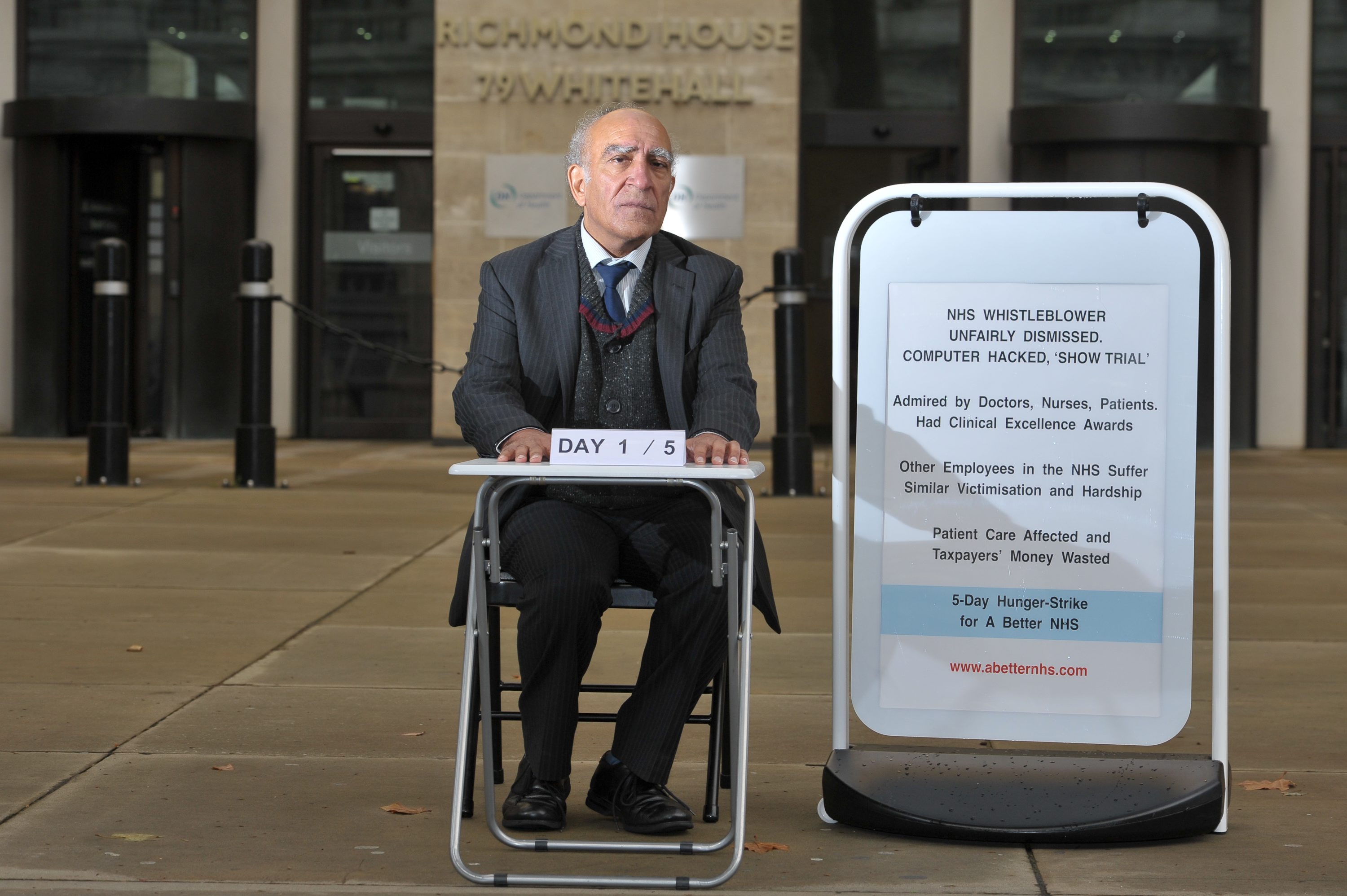
The main challenge for the first few hours was coping with the rain, but the ‘golf umbrella’ I had was quite effective in keeping the rain out. The rain petered out by 2 o’clock. A couple of security officials from the Dept of Health came out, but they were quite pleasant and kind, and were happy to let me sit where I was. A couple of policemen were equally cordial. Several people stopped to offer their support and encouragement. A funny part was where tourists asked me for directions to places!
Physically I was fine, and had one glass of water. Somehow plain water does not taste quite right, and it is interesting that Gandhi reported the same when he went on fasts, so I may get some flavoured water.

